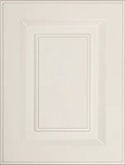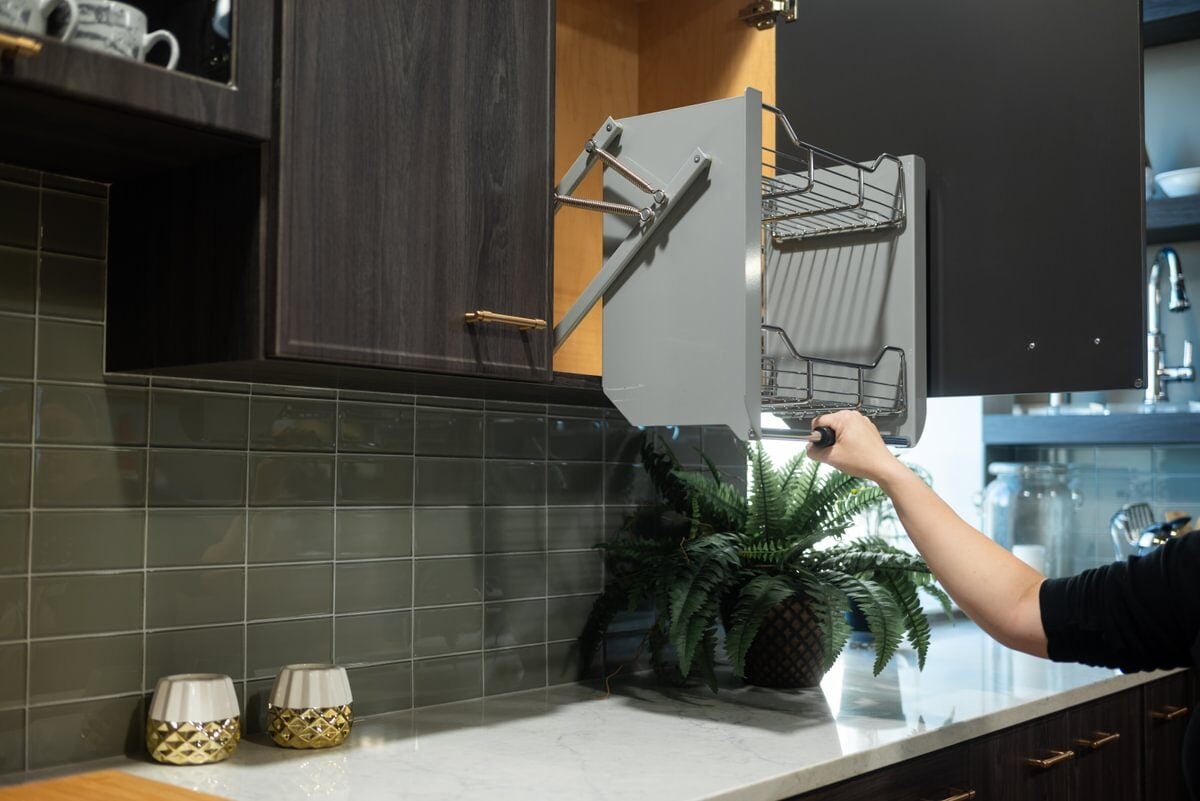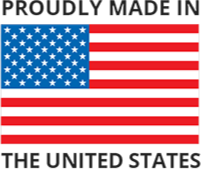Whether you live temporarily or permanently with others, an efficient means of communication is the only way to make certain that the living arrangement runs smoothly.
Kitchens have been traditionally the communication hub in a home for this very reason. With the exception of the bathroom, the kitchen is the one spot everyone usually enters at least once a day.

Of course, the standard method of communicating -- a note placed on a table or counter or attached to a refrigerator -- isn’t efficient. A gust of air from an open window, closing door or someone walking by can cause a note to fall from a surface top; and magnets can lose their hold with the slightest close of a fridge door.
Even if you use a dry erase, chalk or pin board, problems occur. Pinned notes can fall and slip beneath cabinets or appliances. Part or all of a note can disappear if someone leans against a dry erase or chalk board. Additionally, notes can pile up resulting in urgent notes disappearing under less important ones.
Any of these communication methods can also clutter counter, table or island workspace and detract from your kitchen’s appearance.
The Solution
A kitchen message center is a cabinet or cabinet add-on custom-built to size and style specifications that fit your communication needs. A cabinetmaker can design it as a message board built into the back of an existing cabinet door, a box added to the end of wall cabinets or the side of your refrigerator; or a large standalone divider between your kitchen and another room.
Standard Features
Kitchen cabinet message centers typically offer a combination of communication tools for better message organization. For example, one popular design mixes a message board with cubbies, stationary or rollout shelf pockets and drawers. You might designate the board for urgent messages, a cubby for general messages and a pocket for this week’s grocery list and coupons. Drawers might hold pens, pencils, blank notes, envelopes, and stamps.








